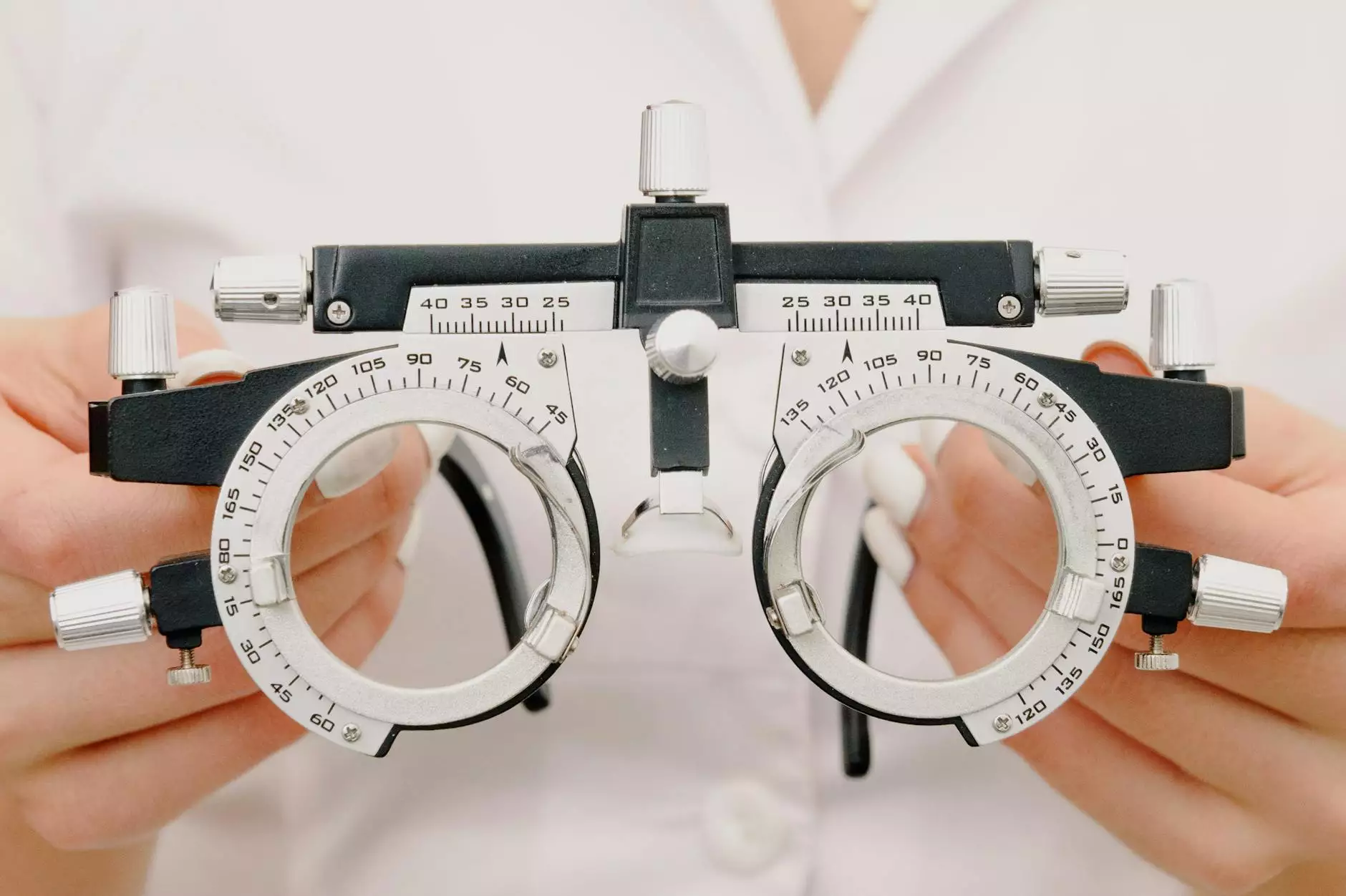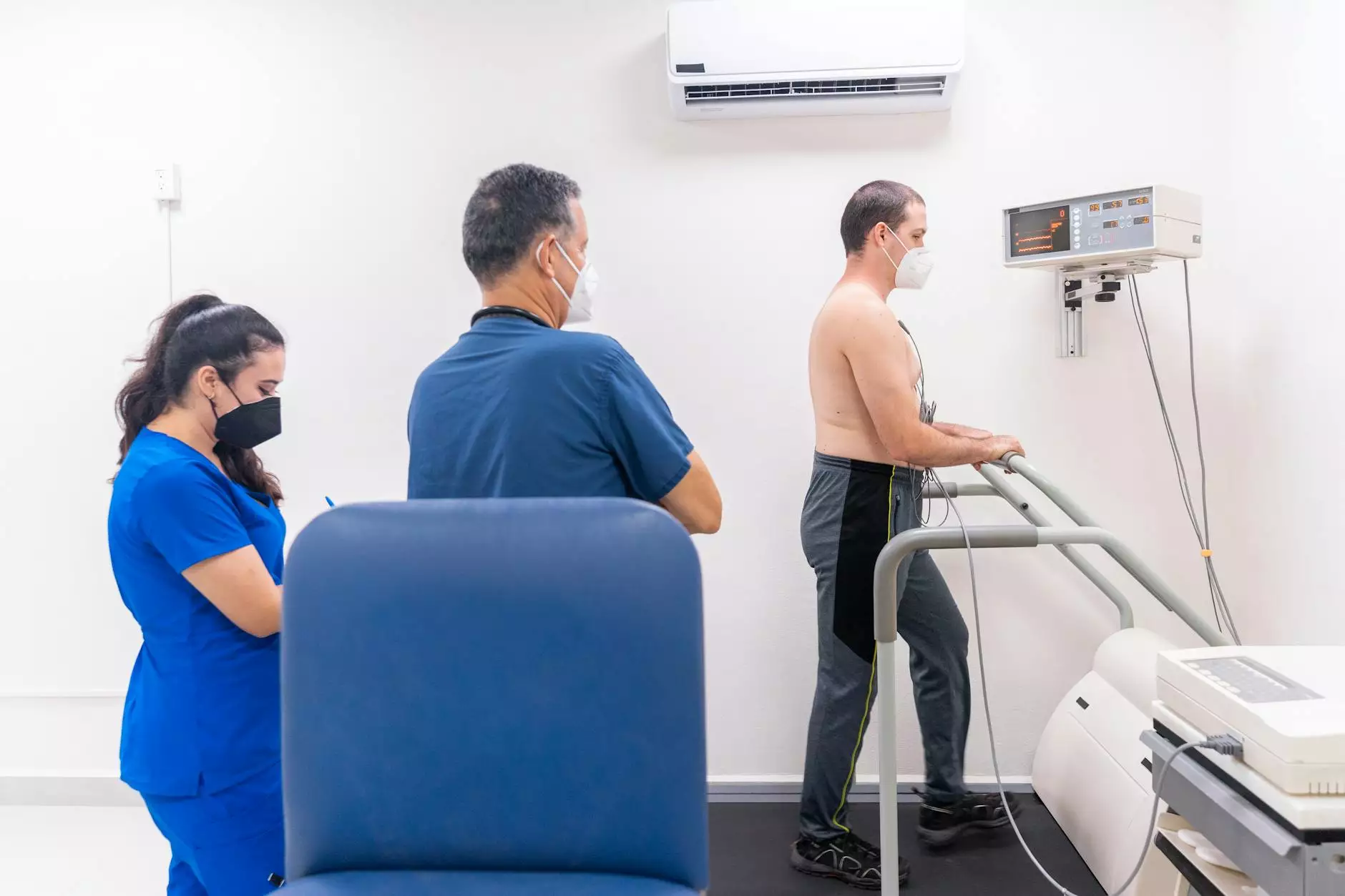Do You Have Shortness of Breath? Here Are the Tests You Might Need

Introduction
Welcome to Bay Regional Medical Center's comprehensive guide on shortness of breath and the tests you might need for proper diagnosis. As a leading healthcare provider in the field of respiratory health, we understand the importance of accurate assessments and timely treatment options for individuals experiencing respiratory issues. In this article, we will delve into the various tests and examinations that can help identify the underlying causes of shortness of breath.
Understanding Shortness of Breath
Shortness of breath, medically known as dyspnea, is a common symptom that can signal various underlying health conditions. It is characterized by a feeling of breathlessness or the inability to fully inhale or exhale. While occasional breathlessness is normal during physical exertion or in certain situations, persistent or recurrent shortness of breath should not be ignored.
At Bay Regional Medical Center, our team of experienced healthcare professionals is dedicated to providing comprehensive care for individuals experiencing shortness of breath. Our specialists work closely with patients to determine the appropriate tests and examinations required to identify the root cause of their respiratory symptoms.
Common Tests for Evaluating Shortness of Breath
In order to accurately diagnose the underlying cause of shortness of breath, our medical experts may recommend one or more of the following tests:
1. Pulmonary Function Tests
Pulmonary function tests are a set of non-invasive tests that assess lung capacity and measure the ability to inhale and exhale effectively. These tests may include spirometry, lung volume measurements, and gas diffusion tests. By evaluating lung function, these tests help identify conditions such as asthma, chronic obstructive pulmonary disease (COPD), or restrictive lung diseases.
2. Chest X-Ray or CT Scan
A chest X-ray or computed tomography (CT) scan provides detailed images of the lungs and can help detect abnormalities such as lung infections, tumors, or structural issues. These imaging tests are valuable in assessing various respiratory conditions and assisting in accurate diagnoses.
3. Echocardiogram
An echocardiogram is a non-invasive test that uses ultrasound waves to assess the structure and function of the heart. This test can identify heart abnormalities, such as heart failure or valve disorders, which can lead to respiratory symptoms.
4. Blood Tests
Blood tests can provide valuable insights into the overall health and functioning of the body. Specific blood tests can help identify conditions such as anemia, thyroid disorders, or certain autoimmune diseases that may contribute to shortness of breath.
5. Stress Test
A stress test, also known as an exercise tolerance test, evaluates cardiac function and exercise capacity. This test involves physical exertion while monitoring heart rate, blood pressure, and oxygen levels. It helps determine if heart-related issues are contributing to shortness of breath.
Conclusion
In conclusion, if you are experiencing persistent or recurrent shortness of breath, it is essential to seek proper medical evaluation to determine the underlying cause. At Bay Regional Medical Center, our dedicated team of healthcare professionals is committed to providing comprehensive assessments and personalized treatment plans. Through a combination of thorough examinations and appropriate tests, we aim to help individuals regain respiratory comfort and improve overall well-being. Contact us today to schedule a consultation with one of our experienced specialists.










